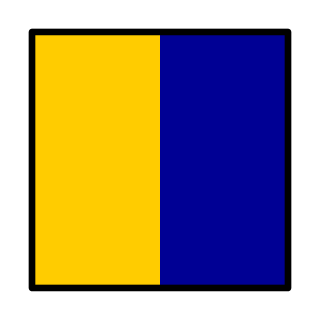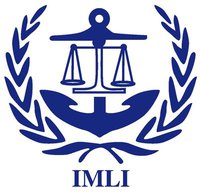 W
WThe International Maritime Organization is a specialised agency of the United Nations responsible for regulating shipping. The IMO was established following agreement at a UN conference held in Geneva in 1948 and the IMO came into existence ten years later, meeting for the first time in 1959. Headquartered in London, United Kingdom, the IMO currently has 174 member states and three associate members.
 W
WCrew management for ships, otherwise known as crewing, are the services rendered by specialised shipping companies. Crew management services are an essential part of maritime and ship management that includes the management of all the various activities handled by crew on-board vessels, as well as related shore-based administration. Major locations where crew management activities are carried out from include Limassol (Cyprus), Singapore, Hong Kong and Malta.
 W
WDay shapes are mast head signals visually indicating the status of a vessel to other vessels on navigable waters during daylight hours whether making-way, anchored, or aground. These signals consist of a set of simple geometric shapes—ball, cylinder, cone, and diamond—that are displayed, hung from a mast, in a prescribed manner to indicate a vessel's operational status; some of these signals may be somewhat involved. The meanings of the shapes are defined by the International Regulations for Preventing Collisions at Sea (ColRegs).
 W
WThe FSS Code or International Code for Fire Safety Systems is a set of international treaties organised by the International Maritime Organization under the SOLAS Convention that are designed to reduce the risk of fire, and aid in emergency response aboard ships. Some of the components of the code were constructed after some high-profile passenger ship disasters over the last century.
 W
WThe International Maritime Organization (IMO) number is a unique identifier for ships, registered ship owners and management companies. IMO numbers were introduced to improve maritime safety and security and to reduce maritime fraud. They consist of the three letters "IMO" followed by unique seven-digit numbers, assigned under the International Convention for the Safety of Life at Sea (SOLAS).
 W
WThe Initial IMO Strategy on the reduction of GHG emissions from ships, or Initial IMO GHG Strategy, is the framework through which the International Maritime Organization (IMO) aims to reduce greenhouse gas (GHG) emissions from international maritime shipping. GHG emissions from shipping are about 3% of total GHG emissions, and under this strategy the IMO envisions their elimination within this century. However many companies and organizations say shipping should be decarbonized by 2050.
 W
WThe International Code of Signals (ICS) is an international system of signals and codes for use by vessels to communicate important messages regarding safety of navigation and related matters. Signals can be sent by flaghoist, signal lamp ("blinker"), flag semaphore, radiotelegraphy, and radiotelephony. The International Code is the most recent evolution of a wide variety of maritime flag signalling systems.
 W
WThe IMO International Maritime Law Institute (IMLI) was established in 1988 under the auspices of the International Maritime Organization, a specialised agency of the United Nations. Its mission is to train specialists in maritime law. The Institute is currently headquartered in Malta, on the campus of the University of Malta.
 W
WThe International Ship and Port Facility Security (ISPS) Code is an amendment to the Safety of Life at Sea (SOLAS) Convention (1974/1988) on Maritime security including minimum security arrangements for ships, ports and government agencies. Having come into force in 2004, it prescribes responsibilities to governments, shipping companies, shipboard personnel, and port/facility personnel to "detect security threats and take preventive measures against security incidents affecting ships or port facilities used in international trade."
 W
WThe World Maritime University (WMU) in Malmö, Sweden, is a postgraduate maritime university founded within the framework of the International Maritime Organization (IMO), a specialized agency of the United Nations. Established by an IMO Assembly Resolution in 1983, the aim of WMU is to further enhance the objectives and goals of IMO and IMO member States around the world through education, research, and capacity building.